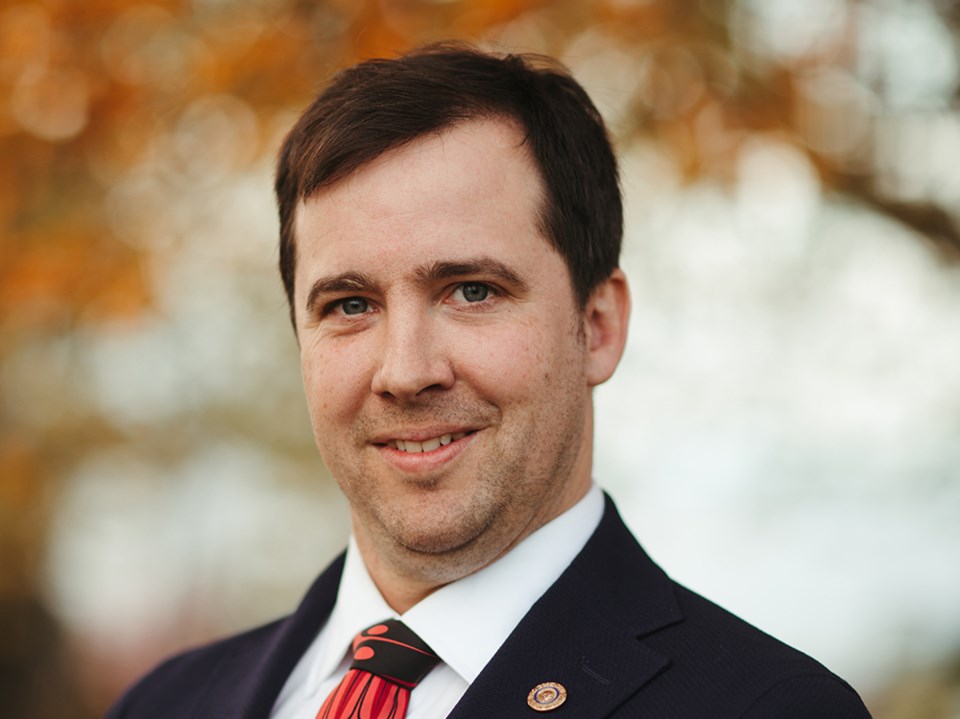qathet Regional District’s board of directors will consider writing to the provincial government regarding freshwater mussels, which are an invasive species that are being dealt with in the Columbia River basin.
At the November 22 committee of the whole meeting, Electoral Area B director Mark Gisborne made a motion that the committee recommend the regional board endorse four proposed actions put forward by Okanagan Basin Water Board, and that the chair write a letter to the provincial government stating the regional district’s position and request for action. The motion came after a review of correspondence by the Okanagan Basin Water Board regarding a call to action to prevent the spread of invasive mussels to BC waters.
Gisborne said once invasive species arrive, it is very difficult to get rid of them.
“Right now, they are in the United States, but once they get into BC, they can start getting on the bottom of watercraft,” said Gisborne. “Collectively, provincially, we can keep these mussels out of our waterways. We have a huge tourist draw and a sensitive ecosystem. If these mussels get into our waterways, it would be absolutely devastating.
“I support the Okanagan Basin Water Board’s call for action and we should get on board with it. It doesn’t seem like an issue now but if they do get in here, I don’t know how we can get them out.”
The recommendations from the Okanagan Basin Water Board include a temporary moratorium on out-of-province watercraft entering BC until a full status of the infestation of the Columbia River basin is assessed and the effectiveness of the chemical and biocontrol treatments in Idaho is known.
“We have to be vigilant and this motion is saying we do take the matter seriously, and that we want the province to step up,” said Gisborne.
City of Powell River director George Doubt said he hesitated to jump on these things. He said the Okanagan is different from coastal BC, and watercraft entering the Okanagan tend to be smaller. He said in Powell River, the watercraft entering BC are frequently transiting through to Desolation Sound. Introducing a temporary moratorium on watercraft entering BC until the treatments in the United States have been conducted is in danger of hitting a bunch of unintended targets, according to Doubt.
“We want to be more clear if we are writing from a regional district perspective, exactly what watercraft we want to control, and what kind of water they are in, because it makes a big difference,” said Doubt. “Saltwater is different from freshwater.”
Gisborne said the correspondence would be intended for the provincial government, which has jurisdiction and responsibility over fresh water. He said saltwater is a federal jurisdiction. He added that there are a number of lakes in qathet and they need protection.
The committee carried Gisborne’s motion unanimously.
Join the Peak's email list for the top headlines right in your inbox Monday to Friday.



